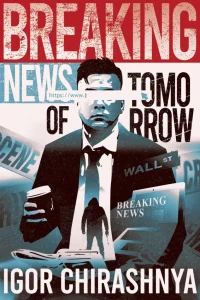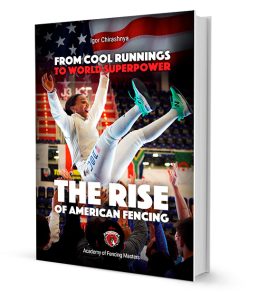What are the Division eligibility requirements for fencing in Division 1A, Division 2, and Division 3 at Fencing Summer Nationals? A lot of fencers ask us how to determine when they can participate in Division 2 and Division 3 at Fencing Summer Nationals. It’s a...









